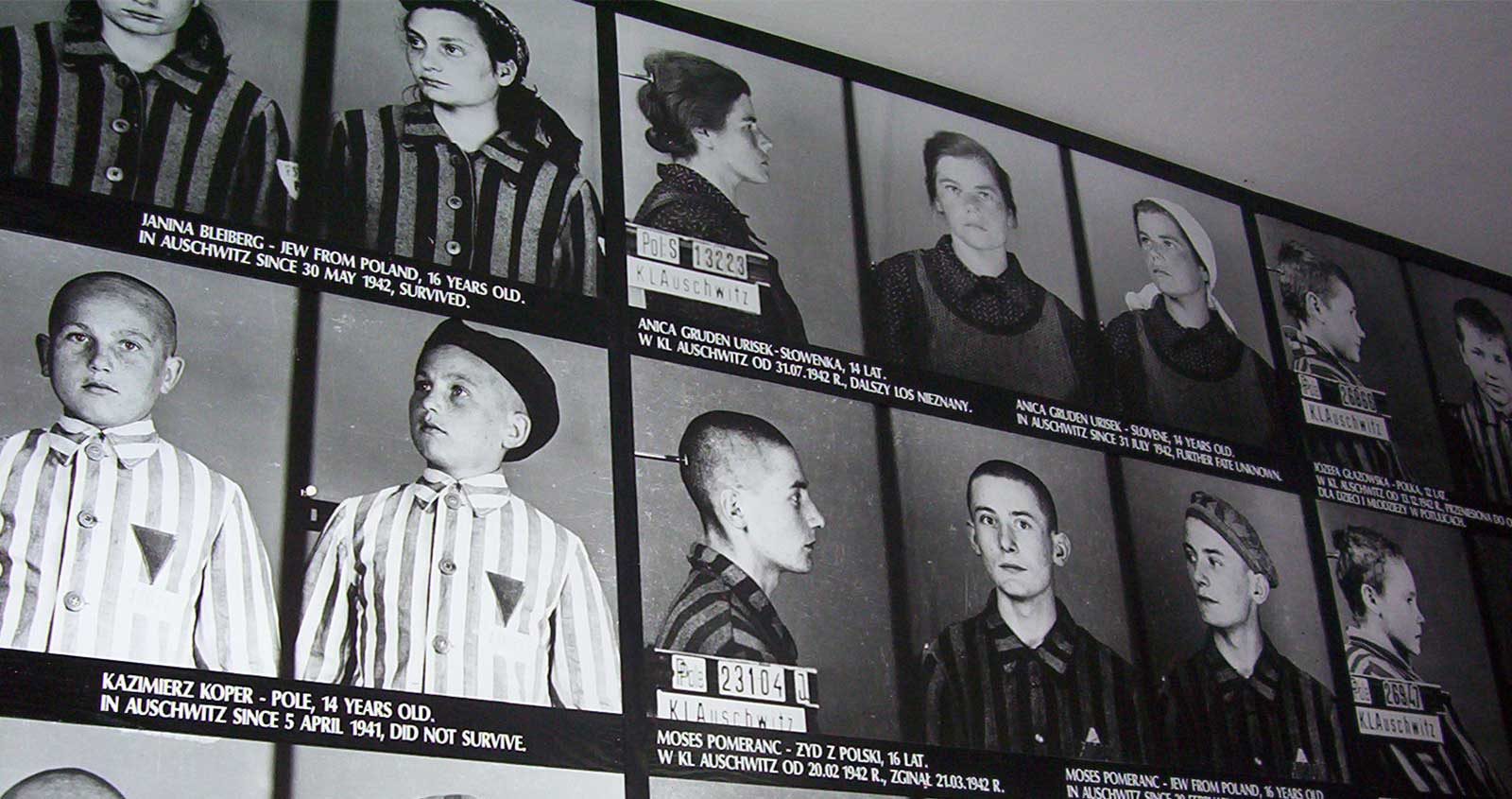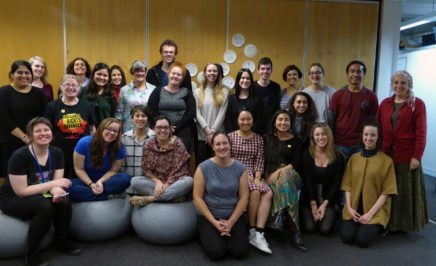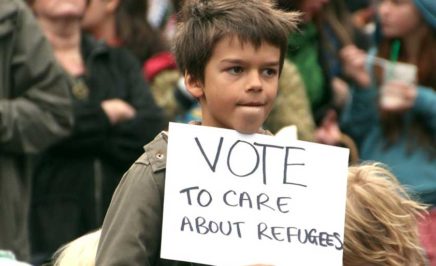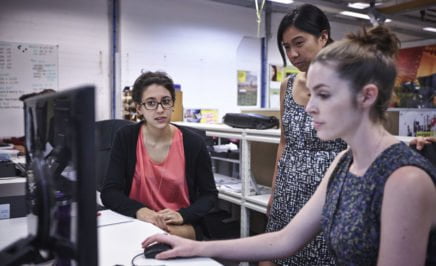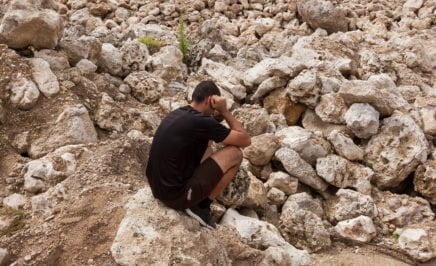By Mireille Juchau
A young woman packs a suitcase for a new life on the other side of the world. She is no longer a citizen of the country of her birth, she cannot marry the man she loves and her father is in hiding, in fear for his life. She travels through Europe, staying briefly in a London refugee shelter, then boards a boat to Australia. On deck, she takes out the cyanide capsule her doctor had administered. Her parents, who were forced to stay behind, will carry their capsules at all times. Her aunt received a deportation notice the year before. She preferred to die by her own hand and swallowed her cyanide in her Babelsberg flat. The young woman throws hers into the ocean, somewhere between Liverpool and Sydney.
“Some poor fish,” she will later say, “belly up because of me.” She liked telling this story of her arrival, even though it was bittersweet. By the time she told it, the story was no straightforward tale of escape. It was bound up with trauma and survivor guilt, with grief for those she’d left behind.
This young refugee, fleeing Hitler’s Berlin in 1939, was my German-Jewish grandmother, Gerda. She survived, but her parents – Else and Friedrich Nathan – did not. In December 1939, the Australian government rejected an application to accept them as refugees. In 1941 Else and Friedrich were deported to Theresienstadt concentration camp and in October 1944, murdered in Auschwitz.

I tell my children some of this story. When they’re older, I’ll tell them more. But I sometimes wonder, why tell it to anyone else? We know – after the genocides in Rwanda, Angola, Iraq and Syria, the persecution of the Yazidis and the Rohingya Muslims – that speaking about such events doesn’t prevent them reoccurring. What needs to be said about this history that will change the world we live in today?
Russian journalist Masha Gessen says, “what is the use?” is the “question of helplessness”. She reminds us, “Peaceful protest is as important a democratic institution as are elections… It is important to exercise all rights regularly, but especially when they are threatened.”
In Australia, most of us have the liberty to speak out against racism and persecution. We have the freedom to protest injustice, to ask that human rights be upheld, to hold a mirror to government policies and show their impact on individual lives.
“We humanize what is going on in the world and in ourselves only by speaking of it,” wrote Jewish philosopher and refugee, Hannah Arendt. The danger of not hearing from the victims of persecution, Arendt observed, is that we only see what the perpetrators wish us to, through their “distorted eyes”.
After my great grandparents were denied asylum in Aust they were murdered in Auschwitz. @TurnbullMalcolm please speak out against #MuslimBan pic.twitter.com/cr63PMJA1z
— Mireille Juchau (@MireilleJuchau) January 28, 2017
When US President Donald Trump announced his plan to restrict immigration, I posted the rejection letter received by my grandmother from the Australian government in 1939, on social media. I shared it in white heat, in anger and dismay. I wanted to show what could happen today to people fleeing persecution, genocide and racism, but I was totally unprepared for the overwhelming response.
The post has now been shared more than 2000 times. Perhaps this historical document showed more than even a photograph could how fragile are the lives of those caught between two powers. It showed the human cost of a restrictive immigration policy. This banal letter, from the Department of the Interior, in coolly bureaucratic language, had consigned two persecuted people to suffering and death.
The papers I have about my Jewish family are a private part of a painful family history. But they’re also part of Australia’s history, a history that in turn connects us to the world. They lead me to wonder: what documents being typed by governments today are we not allowed to see?
“When US President Donald Trump announced his plan to restrict immigration, I posted the rejection letter received by my grandmother on social media. I shared it in white heat, in anger and dismay”
Recently, I joined the Good Neighbour Project, which helps newly arrived asylum seekers to settle in Sydney. During training we’re asked to pack an imaginary suitcase with twenty items before immediately fleeing our country. When we’re told we can no longer carry so much we cheerfully discard hand sanitizer and underclothes, holding fast to Ventolin inhalers, passports and cash. But by the time we reach our theoretical destinations we’ve each lost nearly everything to border guards and water damage at sea.
With such acts of imagination we cross the border into the lives of others, we hold another’s reality in mind. I had an eerie feeling as I “packed”. What had my great grandparents packed before deportation? What had they chosen? What did they leave? Whose bags are being packed or emptied right now in the nations Trump proposes to ban, in Syria, Iran, Iraq, Yemen, Libya, Somalia and Sudan?
And whose names are being typed on a form by a government that is turning away from the world’s most needy people?
Mireille Juchau is an award-winning author. Her latest novel, ‘The World Without Us’ is published by Bloomsbury. You can hear more of her grandmother’s story on ABC Radio National’s Conversations.
